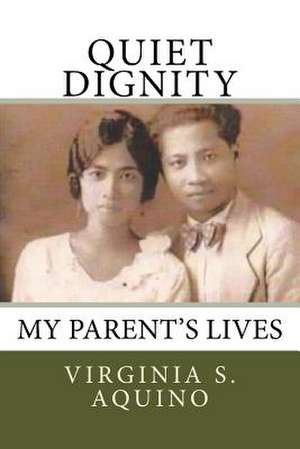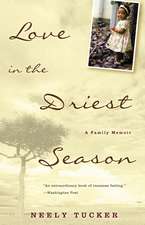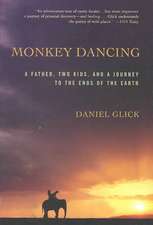Quiet Dignity
Autor Virginia S. Aquino, Tatay Jobo Elizes Puben Limba Engleză Paperback
Preț: 91.90 lei
Nou
Puncte Express: 138
Preț estimativ în valută:
17.58€ • 18.41$ • 14.55£
17.58€ • 18.41$ • 14.55£
Carte tipărită la comandă
Livrare economică 05-19 aprilie
Preluare comenzi: 021 569.72.76
Specificații
ISBN-13: 9781542769167
ISBN-10: 1542769167
Pagini: 114
Dimensiuni: 152 x 229 x 6 mm
Greutate: 0.16 kg
ISBN-10: 1542769167
Pagini: 114
Dimensiuni: 152 x 229 x 6 mm
Greutate: 0.16 kg








